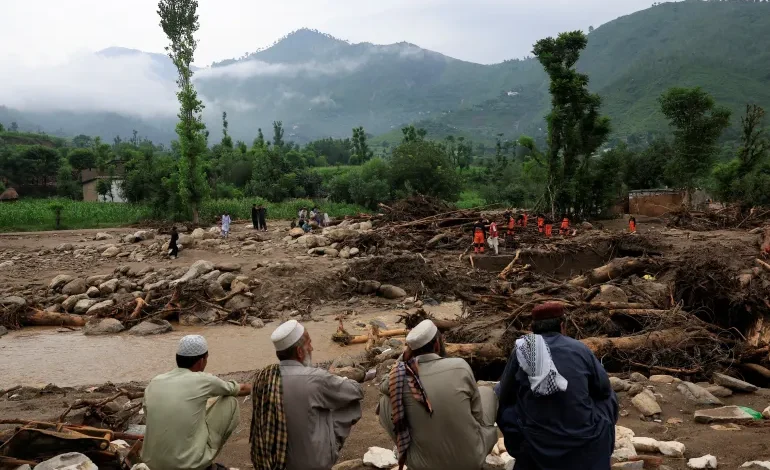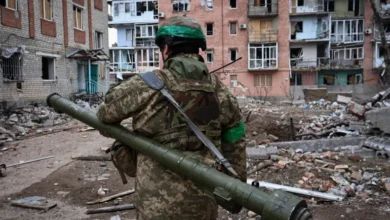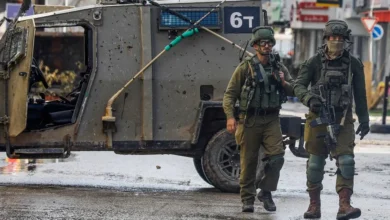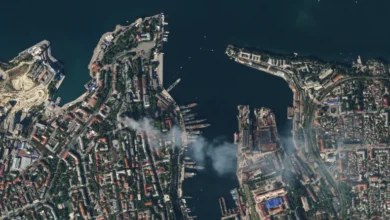At least 337 killed in Pakistan floods, gov’t defends emergency response

Climate change-induced flash floods have killed at least 337 people in northwestern Pakistan, according to the National Disaster Management Authority, while dozens remain missing after the area was hit by flash floods in recent days.
In the Kishtwar district, emergency teams continued rescue efforts on Sunday in the remote village of Chositi. At least 60 people were killed and some 150 were injured, about 50 of them critically.Mohammad Suhail, a spokesman for the emergency service, said 54 bodies were found after hours-long efforts in Buner, a mountainous district in the Khyber Pakhtunkhwa province, where torrential rains and cloudbursts triggered massive flooding on Friday.
Suhail said that several villagers remained missing.
Search efforts focused on areas where homes were flattened by torrents of water that swept down from the mountains, carrying massive boulders that smashed into houses like explosions.
Authorities have warned of more deluges and possible landslides between now and Tuesday, urging local administrations to remain on alert. Higher-than-normal monsoon rains have lashed the country since June 26 and killed more than 600 people.
Cloudbursts, where an extreme amount of rain falls in a small area in a short amount of time, have also caused devastation in Indian-administered Kashmir in recent days.
On Friday, Indian rescuers pulled bodies from mud and rubble after a deadly flood crashed through a Himalayan village, killing at least 60 people and washing away dozens more.Officials said a large makeshift kitchen in Chisoti, where more than 100 pilgrims were, was completely washed away by what Indian-administered Kashmir Chief Minister Omar Abdullah reported was a sudden “cloudburst” rain storm.
Flash floods in two villages in the Kathua district of Indian-administered Kashmir also killed at least seven people and injured five others on Saturday night, officials said on Sunday.“In Qadar Nagar, a remote village in northern Pakistan, friends and relatives were putting the final touches to the decoration for a family wedding when a torrent of mud and water swept through the house,” Hyder said.
“Authorities say it will take weeks to clear the streets, and only then can the repair work begin. The infrastructure damage is extensive, with warnings of more storms to come,” Hyder added.
In a statement on Sunday, United Nations Secretary-General Antonio Guterres’s office said he wished to express his “deep sorrow at the lives tragically lost due to the recent flash floods in India and Pakistan”.
“The Secretary-General offers his sincere condolences to the victims’ families and stands in solidarity with those affected by this disaster,” Stéphane Dujarric, Guterres’s spokesperson, said.
“The UN Country Teams are at the disposal of Government to provide necessary assistance.”
Government criticism
Angry residents in Buner, Pakistan, accused officials of failing to warn them to evacuate after torrential rain and cloudbursts triggered deadly flooding and landslides. There was no warning broadcast from mosque loudspeakers, a traditional method in remote areas.
Mohammad Iqbal, a schoolteacher in Pir Baba village, told the Associated Press news agency that the lack of a timely warning system caused casualties and forced many to flee their homes at the last moment.
“Survivors escaped with nothing,” he said. “If people had been informed earlier, lives could have been saved and residents could have moved to safer places.”










